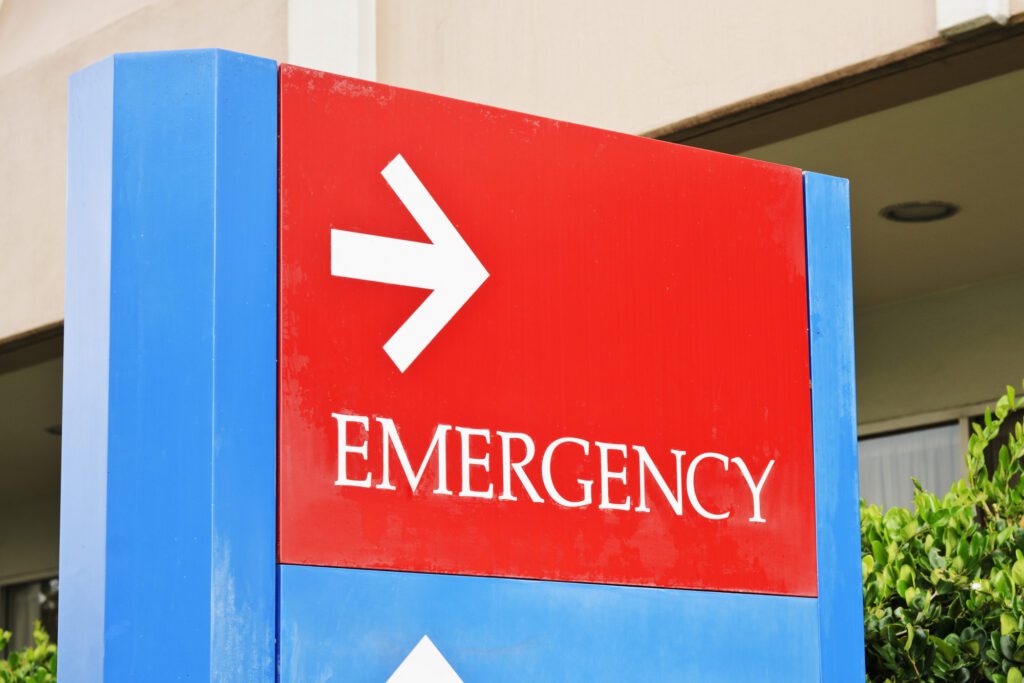It’s highly likely if you are in a car accident in Sevier County, you will end up in the LeConte Medical Center Emergency Room. Emergency rooms provide necessary, crucial medical treatment immediately after an accident. Emergency room physicians are specially trained to treat those suffering from trauma such as injuries sustained in a collision. Despite the vital role emergency rooms play in the medical treatment of accident victims, many people still have a misunderstanding about what being “discharged” by the emergency room means.
- Emergency rooms act as triage, trying to determine the extent of your injuries as quickly as possible. The purpose of an emergency room visit is not to provide ongoing care for the patient, except in the most severe cases where surgery is necessary immediately or the injuries are life-threatening. If your injuries are deemed not life-threatening and you do not need surgery immediately, you will be discharged from the emergency room with instructions to follow-up with your primary care provider or a specialist. It’s imperative that you follow-up with the appropriate medical provider as quickly as possible after you are discharged from the emergency room. Do not wait weeks before going to your follow-up appointment. When you do follow-up with a doctor it’s also important that you ask the doctor the appropriate questions and give the doctor complete information about your injuries.
- Make sure the hospital submits your medical bills to your health insurance. Do not let the hospital tell you they “have” to bill the at-fault driver’s auto insurance. This is not true. Additionally, try not to sign an “Assignment of Benefits” or similar document, which guarantees the hospital payment for its full charges out of any settlement you may receive from a third party in the future. An “Assignment of Benefits” can keep you from being able to negotiate your hospital bills down to a reasonable amount.
- Your statements to the emergency room nurse about the car accident are important. At the emergency room, you will be asked questions by a nurse or doctor about the crash. A short, concise statement such as “I was T-boned” or “I was rear-ended” are fine. However, you do not need to, nor should you, go into great detail about how the accident happened. Lengthy, detailed descriptions to emergency room staff about your accident can only hurt your claim. The more details you give, the more likely it is that your statements will be paraphrased in the records to the detriment of your claim.
- It’s crucial you tell the emergency room nurses and physicians every part of your body that hurts. It’s natural to focus on the part of your body that hurts the worst. However, when you are being examined at the emergency room after your car accident, you should mention every discomfort or pain, even if it seems minor. It’s very common for the area of the body that feels like a minor injury immediately after a collision to turn into a chronic problem later on.

